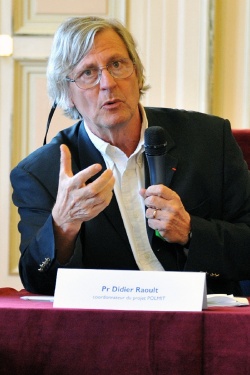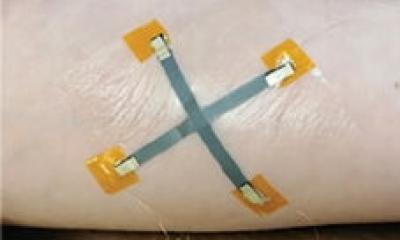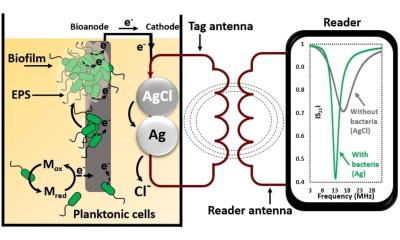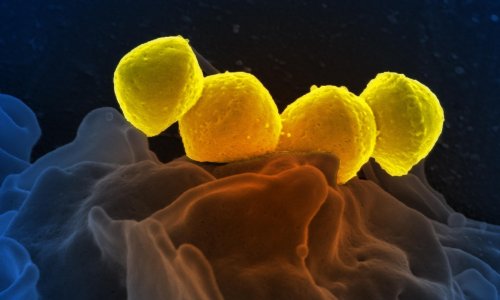Aiming to beat infectious diseases
Annick Chapoy reports on plans to create a Centre of Excellence in Marseille, France.

Marseille, a major harbour on the Mediterranean, has been naturally exposed to all kinds of epidemics. Natural enough then that the city now aims to become the world’s best centre to specialise in infectious diseases. La Timone University Hospital, third in Europe for state-of-the-art equipment and human resources, is to house the new Fondation Méditerranée Infection (FMI). Created last November and led by Professor of Microbiology Didier Raoult, the foundation regroups the Institut Hospitalo-Universitaire (IHU) Méditerranée Infection and the research centre Infectiopôle Sud, which, since 2007, has recruited some 166 students from Asia, India, North Africa and Sub- Saharan Africa. From 2015, Infectiopôle Sud -- now a Fondation department -- will recruit around 150 foreign students from those countries. The FMI aims to create a centre of excellence to treat, teach and research infectious and tropical diseases by centralising patients, doctors, researchers and industrialists, explains Prof. Raoult, whose team already receives samples for analysis from all over the world.
Among infectious and tropical diseases research centres, the IHU ranks 9th in Europe, accounting for 550 of the 4,900 scientific publications released in Marseille in all specialities. In 1992, Prof. Raoult and team discovered the Mimivirus, the biggest ever, and later Spoutnik, which can duplicate itself by infecting another virus. In 2009, he discovered Marseillevirus, another giant. Since the ’90s, the team has described some 96 new pathogenic bacteria, two named after the professor: Raoultella planticola and Rickettsia Raoultii.
The IHU is also developing projects such as ‘diagnosis suitcases’, with the shipping firm CMA-CGM for emergency diagnosis aboard cruise ships. Hightech mobile laboratories have also been developed to enable one non-trained person, in an 18 square metre set-up, to produce a diagnosis in four hours. The first is in the Hôpital Nord de Marseille. Two are in a Senegal village that lacks electricity. ‘This has totally revolutionised paediatric emergencies,’ the professor says, adding that France would need 200 units for hospitals lacking a paediatric emergency department. By 2015 the foundation will occupy a new 25,000 square metre building on the La Timone campus. This €70 million site will employ 700 people. Over an area of 5,000 m³ there will be 75 inpatient beds, 24 ambulatory care beds, 600 sq. m of office space and 10,000 sq. m for diagnosis and research.
04.09.2012










